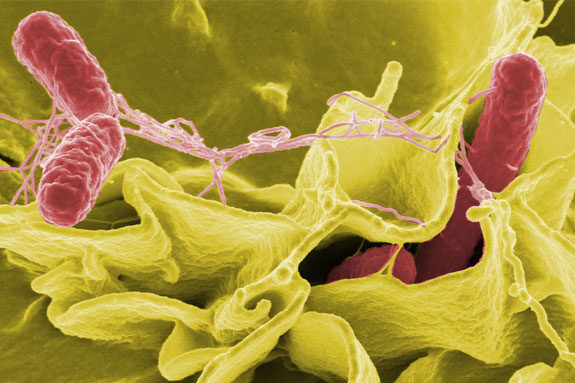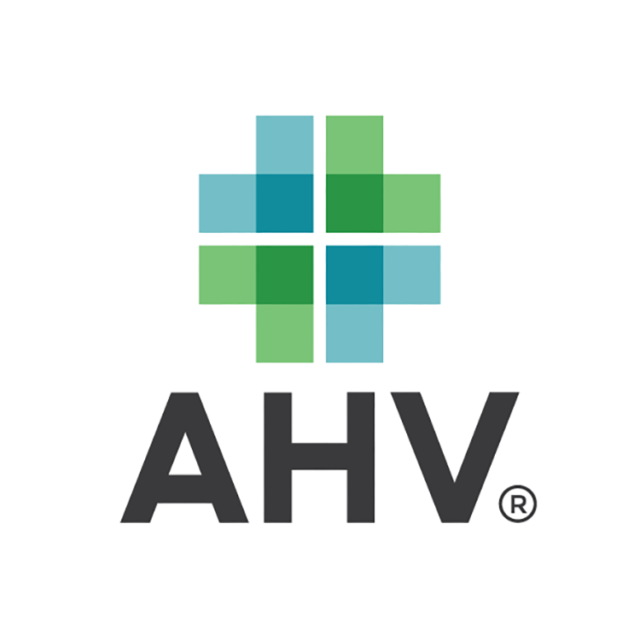The 100K Pathogen Genome Project, based at the UC Davis School of Veterinary Medicine, announced another blow at foodborne diseases with the genome sequence of its first 10 infectious microorganisms, including strains of Salmonella and Listeria.
“We are creating a free, online encyclopedia or reference database of genomes," said Professor Bart Weimer, director of the 100K Genome Project."During a foodborne disease outbreak, scientists and public health professionals can quickly identify the responsible microorganism and track its source in the food supply using automated information-handling methods.”
Weimer estimates that the availability of this genomic information will cut in half the time necessary to diagnose and treat foodborne illnesses, and will enable scientists to make discoveries that can be used to develop new methods for controlling disease-causing microorganisms in the food chain.
The project is dedicated to sequencing the genomes of 100,000 bacteria and viruses that cause serious foodborne illnesses in people around the world.
In the U.S. alone, foodborne diseases annually sicken 48 million people and kill 3,000, according to the Centers for Disease Control and Prevention.
The initial 10 genome sequences mark the first in a series that the project will enter into a publicly available database at the National Center for Biotechnology Information of the National Institutes of Health.
A genome is the complete collection of an organism’s hereditary information. Weimer said that the 100K Genome Project currently is sequencing a second set of 1,500 microbial genomes, with an anticipated release in the fall of 2013. PD
—From UC Davis School of Veterinary Medicine news release





